Dear WinkWorld Readers,
Once upon a time in a faraway land, I was a professor who lived and breathed language acquisition for decades–first as a Spanish teacher and later as a professor in multilingual/multicultural teacher education. Now, my world is primarily filled with kids, cows, and computers. However, I try to keep up with my professional reading/thinking as it relates to biliteracy, but I know that I am now more focused on literacy. Yes, biliteracy and literacy are related, but that is a story for another time.
Storytelling and Storylistening
The world of storytelling and storylistening links my personal and my professional interests. So much exciting research is taking place to enhance our understanding of storytelling and storylistening. Many of you are aware of the long rich tradition of storytelling around the world. Happily, it is enjoying a renewed emphasis in the last few decades as researchers learn more about the literacy and cognitive benefits.
Teach me the facts, and I can memorize them and do well on a test–however, I will forget those facts sooner or later–but, if you can tell me a compelling story about those facts, I won’t forget it.
In addition to storytelling, storylistening is also developing rapidly–thanks to the research of Beniko Mason and Stephen Krashen. In what follows, I am sharing some of their findings. If you are interested, you will find videos of their work-in-action with a simple fast search on your web browser. Thank you, Professors Mason and Krashen for sharing with us.
Meet Stephen D. Krashen and Beniko Mason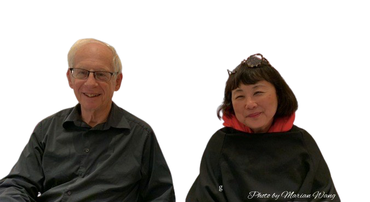
What storylistening is:
It is often used to help students acquire an additional language–for example in a foreign language or a bilingual class. I have no experience with it also being used in English-only classrooms with only English-dominant students, but I am wondering about this. I look forward to hearing from any of you who has that type of experience.
Storylistening is told with a strategy called Comprehension-Aiding Supplementation, and the idea is that the teacher throws a wide net of language (mostly comprehensible input, plus a bit more) for subconscious language acquisition. The method requires neither output, nor homework.
What storylistening is not:
It is not a teacher simply reciting a memorized story.
The Optimal Input Hypothesis
I am posting two articles by Krashen and Mason regarding The Promise of Optimal Input. For those of us in language acquisition, we now learn that Not All Comprehensible Input is of Equal Value.
Click HERE
Click HERE.
If you have been confused about the difference between comprehensible input and optimal input, you will find this very compelling….
For those of you following the adventures of Scruffy, our little reader, he finally arrived in New York City with his friend, Sacramento Susan. Of course, his first stop was the famed lions out in front of the New York Public Library.
I just finished reading and loving “The Lions of Fifth Avenue” by Fiona Davis, so Scruffy and I took turns storytelling and storylistening.
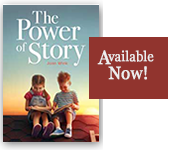
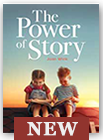
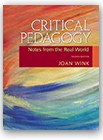
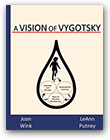

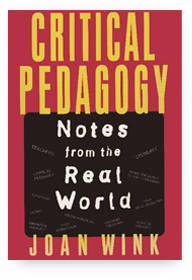
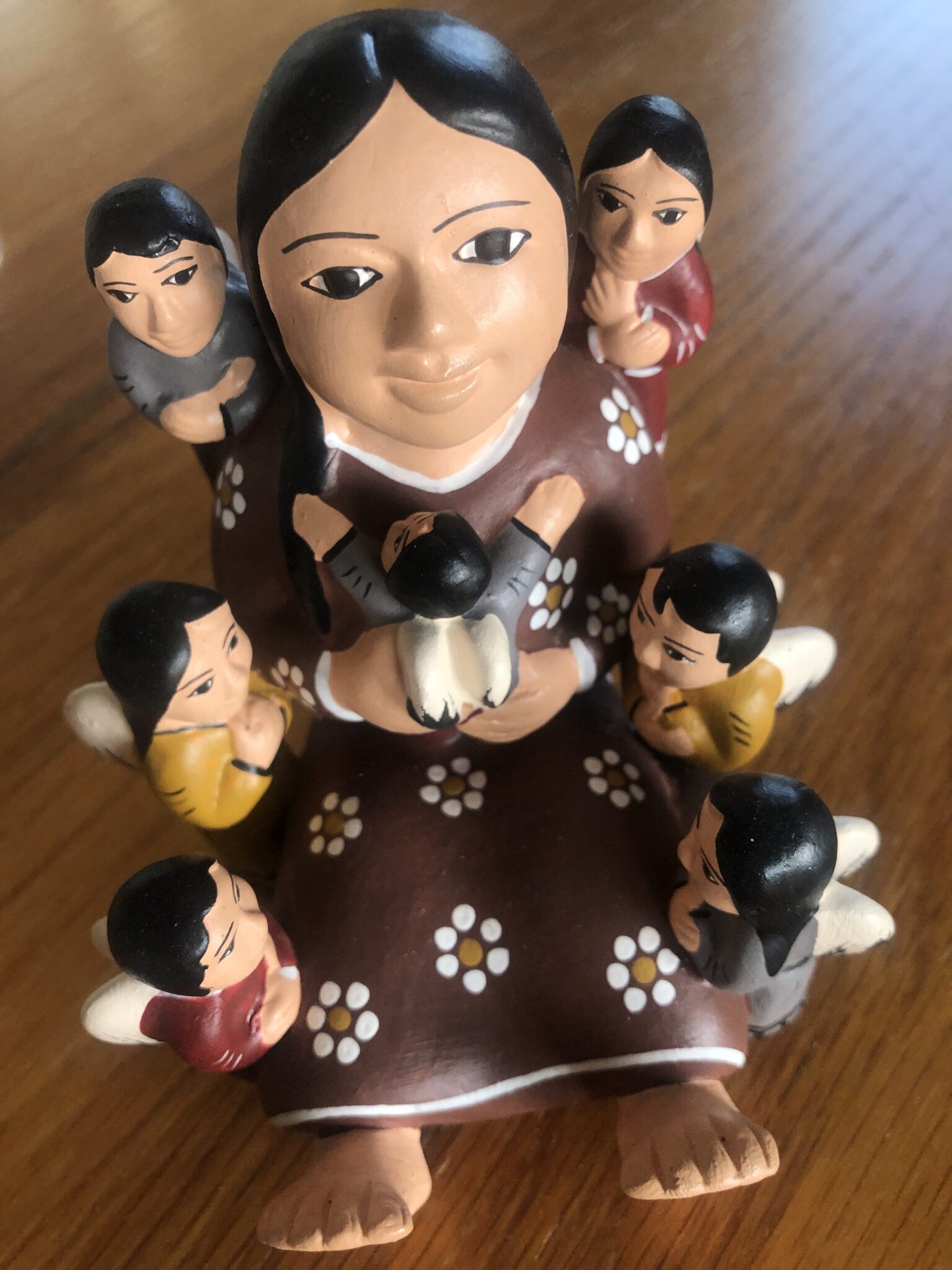
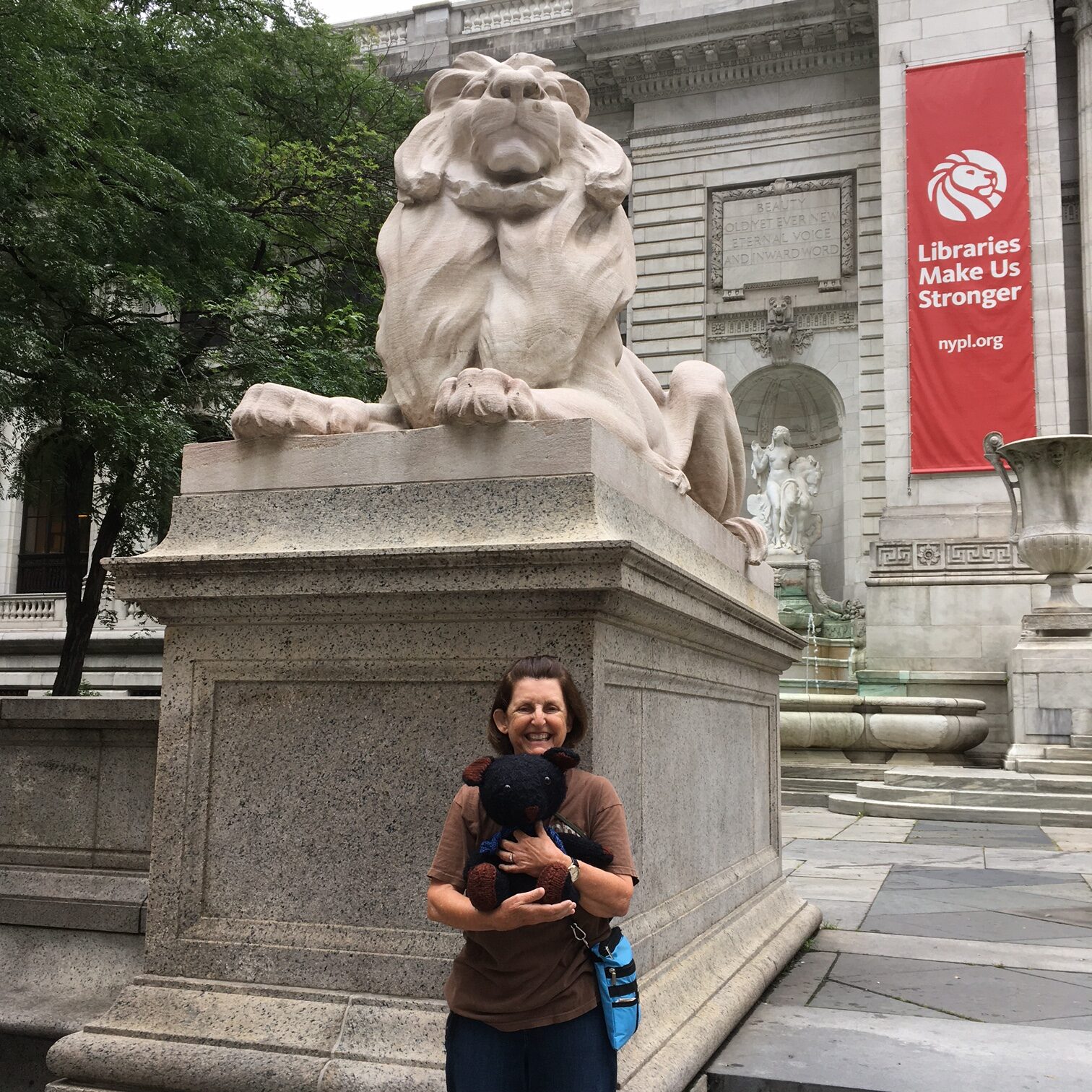


at 4:49 pm
Thank you, dear Joan, for your wonderful Website!
at 5:32 pm
Thank you for introducing SL/GSSR to your friends. Story-Listening is written with a hyphen now.